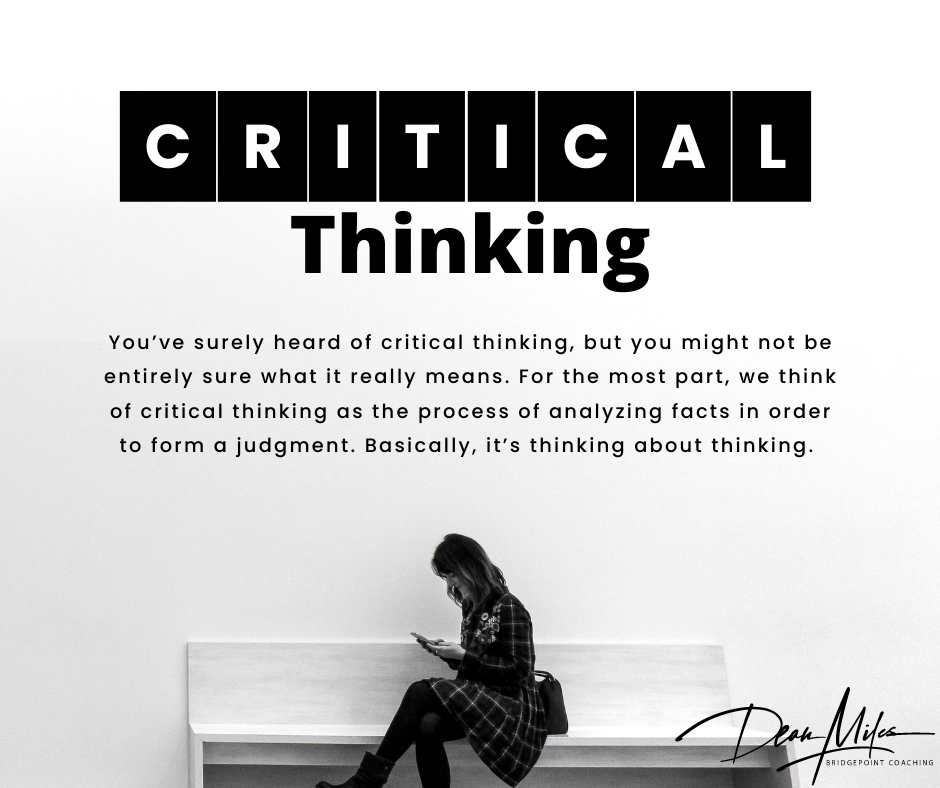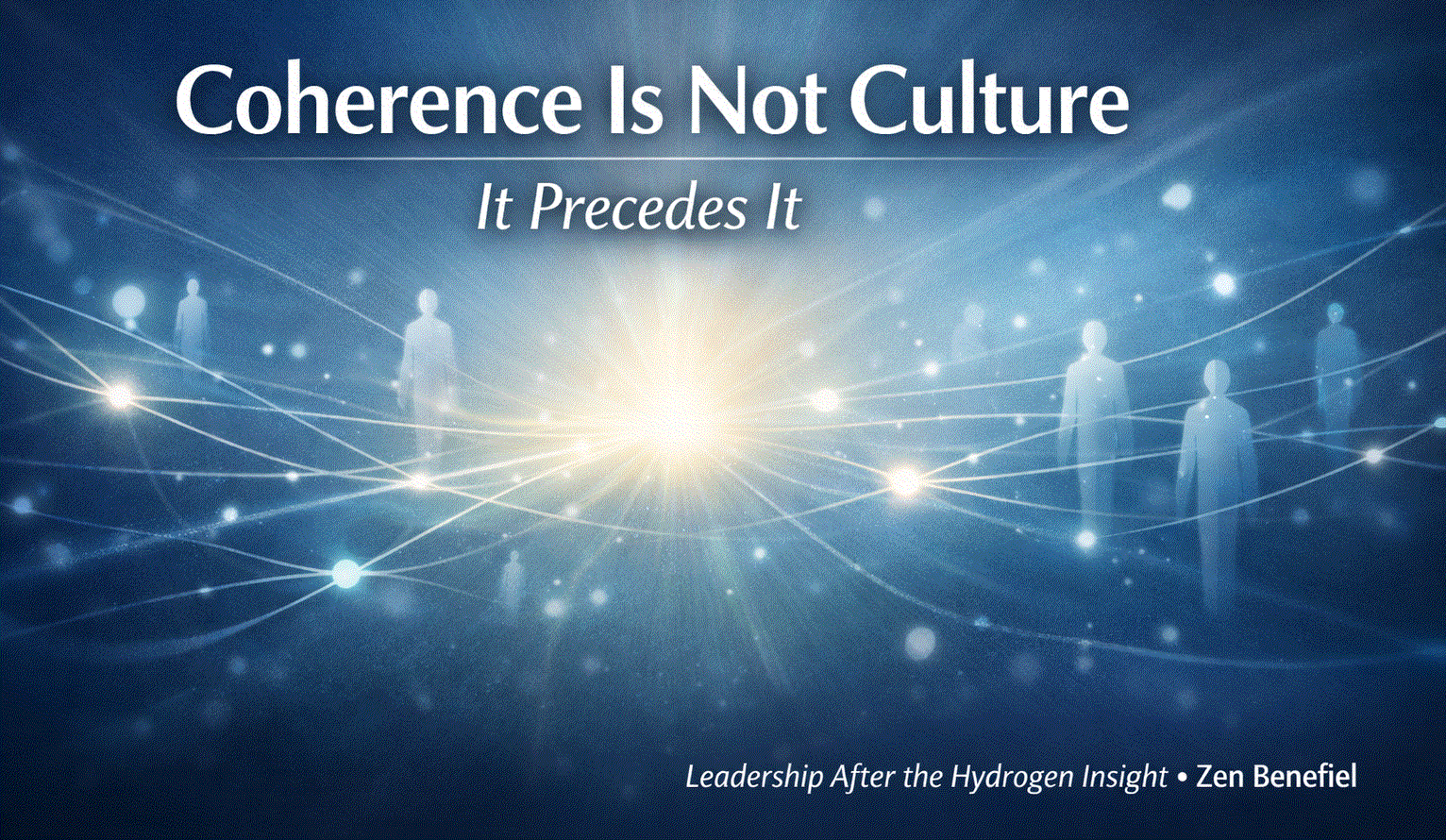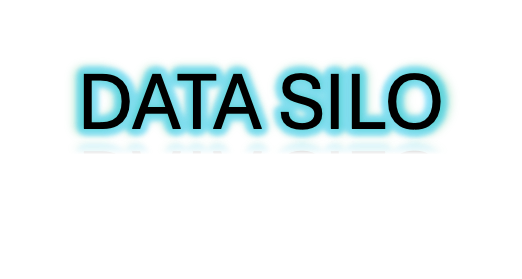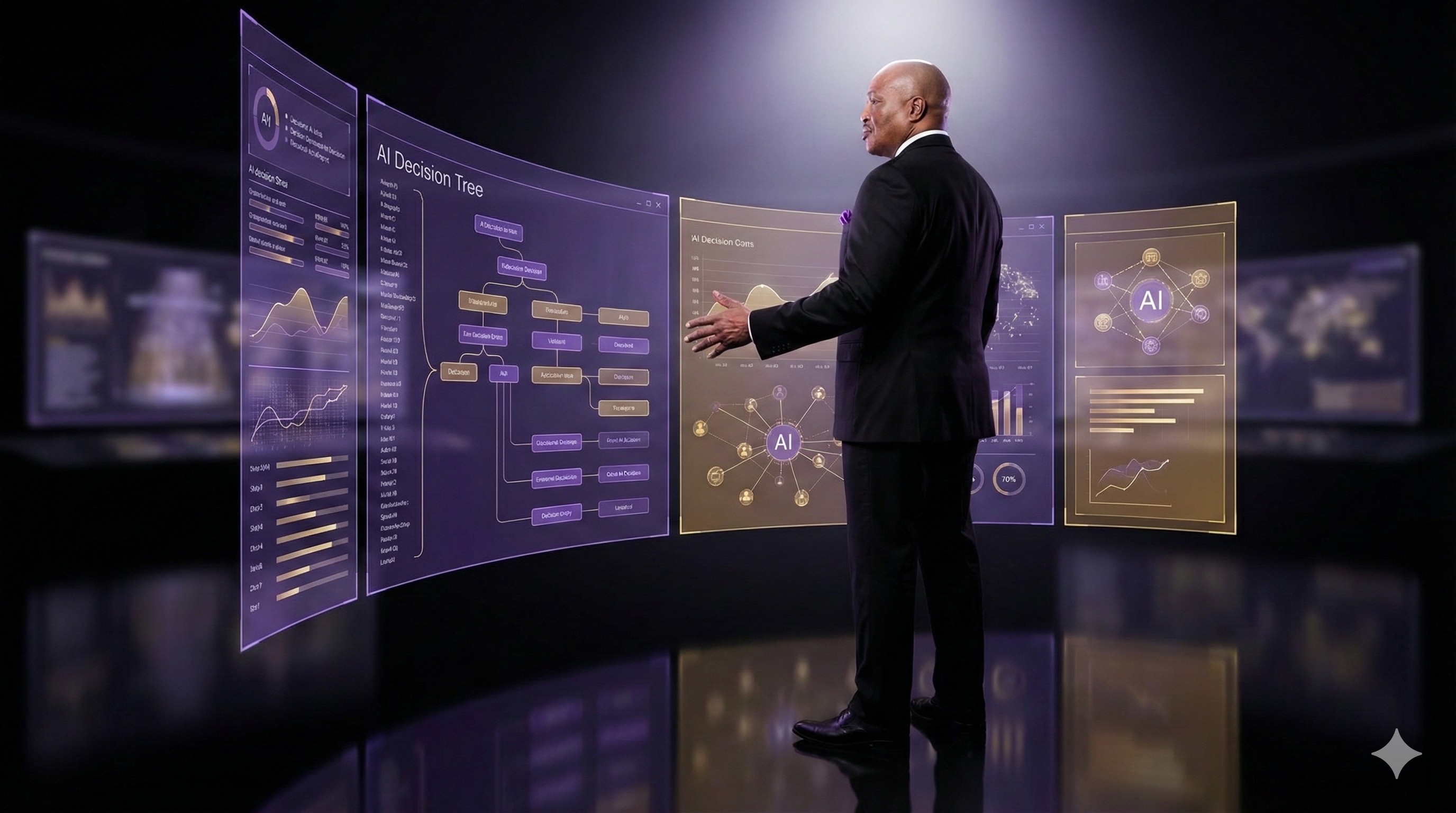Jun27

You’ve surely heard of critical thinking, but you might not be entirely sure what it really means. For the most part, we think of critical thinking as the process of analyzing facts in order to form a judgment. Basically, it’s thinking about thinking. However, there are many different ways to define critical thinking. Some people see it as a way to solve problems, while others see it as a way to think creatively. Regardless of how you define it, critical thinking is an important skill to have in today’s world. With so much information available at our fingertips, it’s important to be able to sift through the facts and find the information that’s most relevant to you. And that’s where critical thinking comes in. By learning to think critically, you’ll be better equipped to make decisions, solve problems, and think creatively
In today's world, it's easier than ever to find information on just about any topic. With a few clicks of a button, you can have access to articles, videos, and even experts who can provide you with information on just about anything you could want to know. However, this ease of access to information has also created a bit of a problem. It's now possible for people to mimic intellectual accomplishment by indulging in an illusion of expertise provided by a limitless supply of facts. As author Tom Nichols writes, "The Web has become, for many people, an evidence-free zone where pre-existing beliefs are confirmed rather than challenged and intellectual curiosity is a fatal flaw." This isn't to say that there's no value in having easy access to information. But it's important to be aware of the danger of using this information as a crutch instead of engaging in critical thinking. Otherwise, we run the risk of losing sight of what it truly means to be knowledgeable.
Critical thinking is important to the workplace for a number of reasons. First, some professions simply require it. For example, in the medical field, precise decisions need to be made quickly and often, and critical thinking is essential for making sure those decisions are sound. Second, even in professions that don't require critical thinking, it can still be enormously helpful; employees who engage in critical thinking tend to make better decisions, resulting in a more efficient and effective workplace. Third, critical thinkers tend to be happier than their non-critical counterparts; they're more engaged with their work and have a greater sense of control over their lives. Fourth, being well-informed is always a bonus, and critical thinking encourages employees to seek out knowledge and understanding. Finally, it bolsters the knowledge economy by encouraging employees to reflect on their own skills and expertise and continuously learn new things. In short, there are many good reasons to encourage critical thinking in the workplace.
By Dean Miles
Keywords: Business Continuity, Mental Health, Startups
 Coherence Is Not Culture — It Precedes It
Coherence Is Not Culture — It Precedes It Death of the Data Silo
Death of the Data Silo Capital Follows Electrons: How Electrification Is Driving Growth
Capital Follows Electrons: How Electrification Is Driving Growth Execution Is Cheap Now. Experience Is Everything. The BRAVE Upgrade for the Agentic AI Era
Execution Is Cheap Now. Experience Is Everything. The BRAVE Upgrade for the Agentic AI Era The 12 Best Countries for Retirees – Affordability & Taxation
The 12 Best Countries for Retirees – Affordability & Taxation